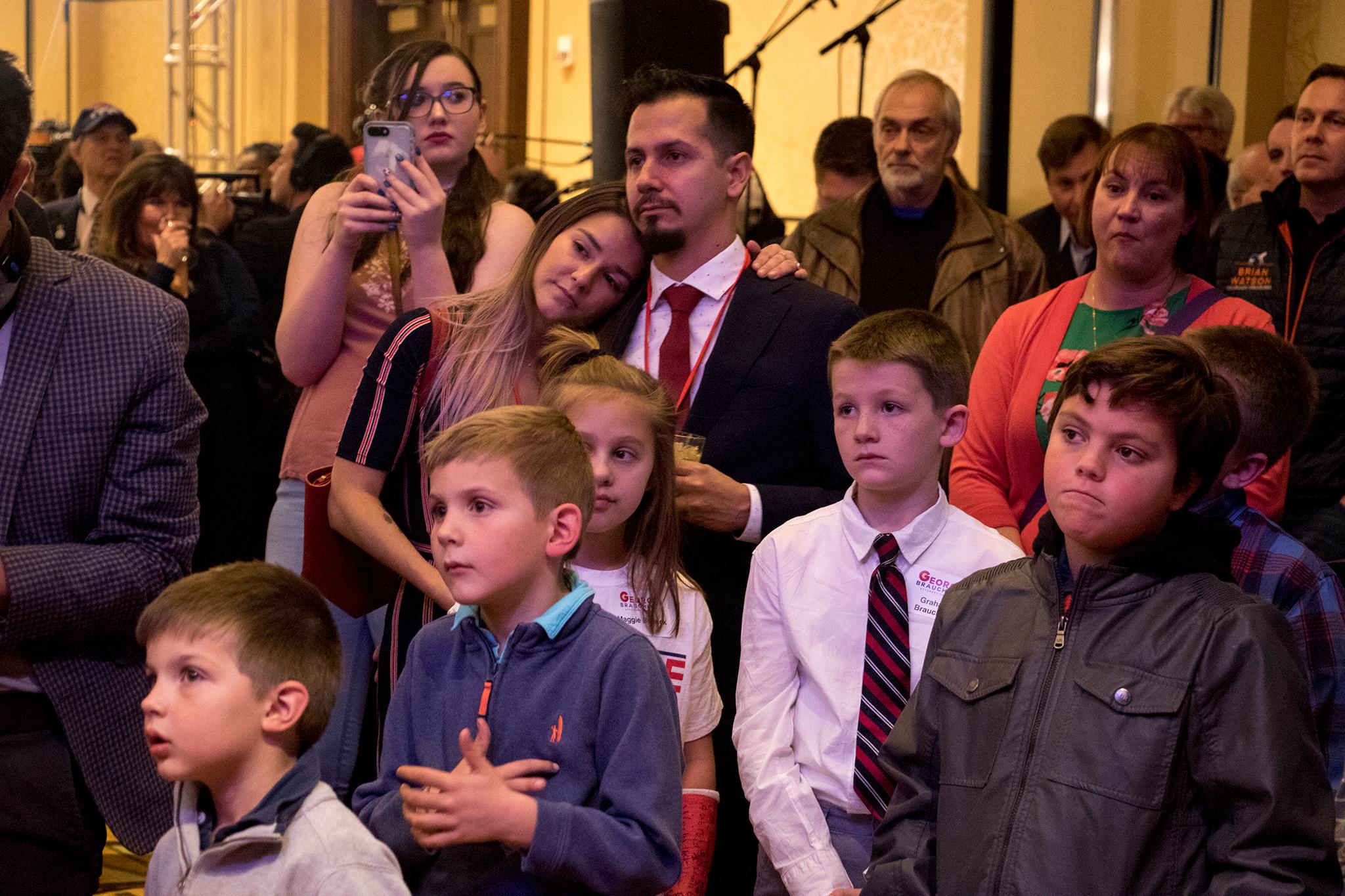By Ann Schimke, Chalkbeat Colorado
Will my kindergartener sit at a desk all day? Do elementary schools open their doors to parents? When will my child’s school contact me?
Those were some of the questions that preschool parents sitting around a table at Aurora’s Laredo Child Development Center asked this May during a conversation about their hopes and fears as their children move on to elementary school.
The focus group at Laredo was one small slice of a three-year project funded by the Temple Hoyne Buell Foundation aimed at improving kindergarten transitions for children in Aurora. Dolores and Eagle County schools also received grants for the work.
The Obama administration provided some funds for such initiatives and the recent overhaul of the federal education law encourages further work. National experts point to cities like Pittsburgh, Buffalo and Durham, N.C., as leaders.
Even in states like Colorado, where kindergarten isn’t mandatory and state funding for full-day kindergarten lags, momentum is growing around transition efforts. Denver—both the city and school district—and Boulder Valley schools are also tackling the challenge.
The efforts respond to research that shows that 48 percent of kids struggle with the move to kindergarten. Mysterious stomach aches, teary dropoffs, and daily battles about going to school are more than rites of passage, researchers have found — they can cut into learning and hamper consistent attendance.
Effective transition programs avoid putting the burden of being “school-ready” exclusively on the child and create ongoing relationships among parents, school officials, and the community, according to people who have designed and run them. They can include marketing campaigns, special registration and orientation events, summer home visits by kindergarten teachers, and sit-down meetings between preschool and kindergarten teachers.
Here are four things Colorado districts are doing to ease the kindergarten transition:
Giving kids a taste of the kindergarten experience
Schools aren’t waiting until the first day of school to introduce kids to their future kindergarten classrooms or teachers. Often, there are a series of visits and events starting in the spring of the four-year-old year.
This summer, Aurora is running two-week “Jump Start” classes targeted at entering kindergarteners who didn’t attend preschool. The program, which has been offered in the past but was modified this year, focuses on skills like taking turns, making friends, and playing group games.
“Every kindergarten teacher I’ve talked to says, ‘If they come in socially emotionally strong, I can teach them ABCs, I can teach them how to count,’” said Rebecca Ross, a preschool teacher at Laredo who is co-teaching a Jump Start class with a kindergarten teacher.
In Dolores, the school district and early childhood council launched a program last year called “Little Cubbies” targeted at children cared for by relatives or friends. Those preschoolers visit the district’s elementary school several times during the year for organized activities. A new program—”Summer Cubbies”— mingles these children with outgoing kindergarteners to provide six weeks of enrichment activities and lunch at the elementary school.
The idea is “to promote school readiness skills … but also to create a sense of ownership and comfort in this environment they will be coming to in their kindergarten year,” said Katrina Lindus, coordinator of the Best Foot Forward Transition Program in Dolores.
Finding the incoming class
It’s easy to find students enrolled in district-run preschool programs, but not always the ones who spend their 4-year-old year elsewhere. Those are the students who often end up registering late, missing key introductory events and maybe even the first days or weeks of school.

That’s why some districts are putting extra effort into connecting with parents and caregivers who aren’t already hooked into the school system.
As part of Denver’s re-launch of its Countdown to Kindergarten initiative—on hiatus for the last two years—the city has recruited a group of parent leaders, oftentimes Latino mothers, to spearhead outreach in four neighborhoods with high percentages of 3- and 4-year-olds not enrolled in preschool. They’ll help organize a half-dozen sessions next year on topics like Denver’s school choice system and getting preschool tuition help.
In Aurora, where two-thirds of kindergarteners come from outside district preschools, administrators drop off kindergarten literature at local churches and invite community child care centers and certain unlicensed care providers to bring preschoolers for a springtime visit to their future elementary schools.
Dolores, where about half of kindergarteners come from outside the district preschool program, also made a major push to get the word out about its transition offerings—with radio ads, newspaper announcements and flier distribution to churches, libraries, major employers like Walmart and even gas stations and liquor stores.
“We painted the town,” said Lindus.
Engaging parents
A rocky kindergarten transition affects more than students. Parents who were involved in more intimate preschool settings might shy away from less personal elementary schools, undermining connections that can help students succeed.
“If you lose them there, you may lose them forever,” said Ken Smythe Leistico, assistant director at the University of Pittsburgh Office of Child Development and a regular speaker on kindergarten transition practices.
Last month, the Eagle County district held a “Breakfast and Books” event targeting parents of incoming kindergarteners. The session, which provided tips for reading with children and supporting them in school, will soon be followed by an ice cream social focusing on children’s social-emotional development.
In Dolores, kindergarten teachers make home visits to incoming students before school starts. Lindus said the idea is for teachers to get acquainted with the children and also answer parent questions and allay inevitable worries about riding the school bus, eating lunch at school or adjusting to a full-day of school.
“If you can (ease) those fears, it really helps the parents and child in the long run,” she said.
Helping teachers understand students and the preschools they came from
Smythe Leistico recalls one activity he led for preschoolers when he asked them to draw their impressions of kindergarten. One boy drew a black building with red on the windows. When Smythe Leistico asked him about it, he learned that the boy’s mother was a victim of domestic violence and the red crayon symbolized the blood he feared would spill at his house when he went off to kindergarten.
It’s an extreme example, said Smythe Leistico, but illustrates how important it is for kindergarten teachers to have background about the kids they’re receiving in their classrooms.
“It’s such a good practice, but so seldom does the right information get to the right teacher,” he said.
In Dolores, the home visits help achieve that goal and in Aurora, kindergarten teachers receive red folders with information on entering students who attended district-run preschools.
There’s also work underway to ensure that local preschool teachers and kindergarten teachers are on the same page—using related curriculums and prioritizing the same skills when possible.
In Aurora, preschool and kindergarten teachers had joint training days last year and in Denver, discussions are underway about how to better share data between preschool and kindergarten teachers.
Chalkbeat is a nonprofit news site covering educational change in public schools.













